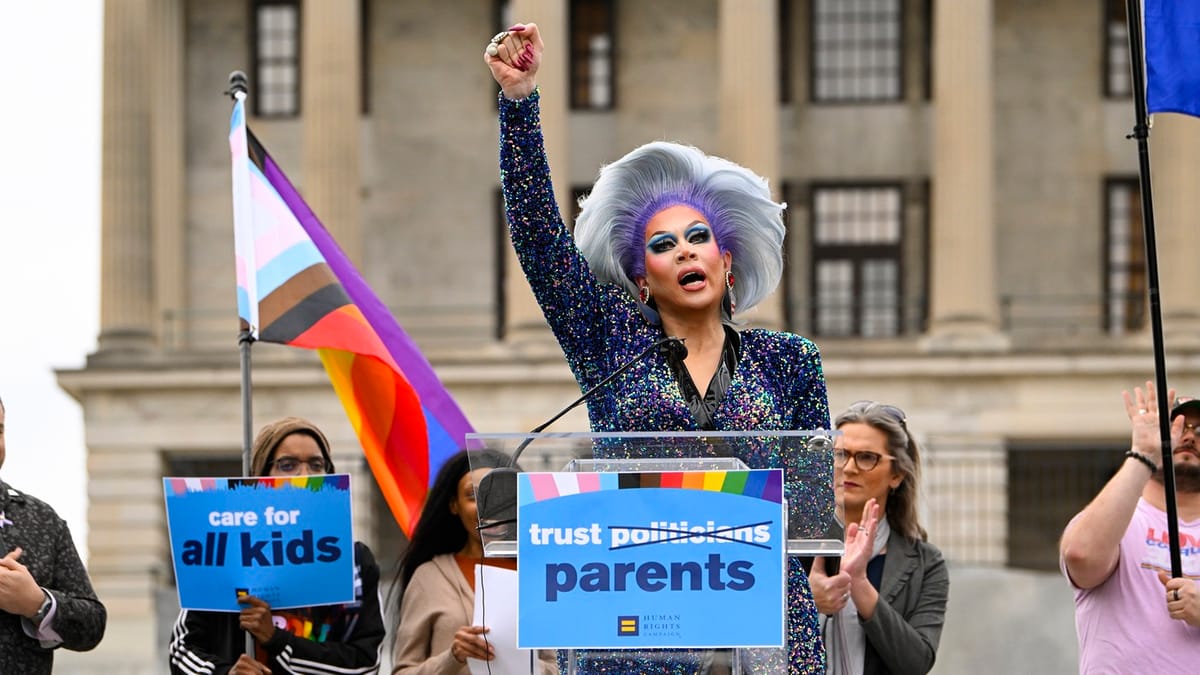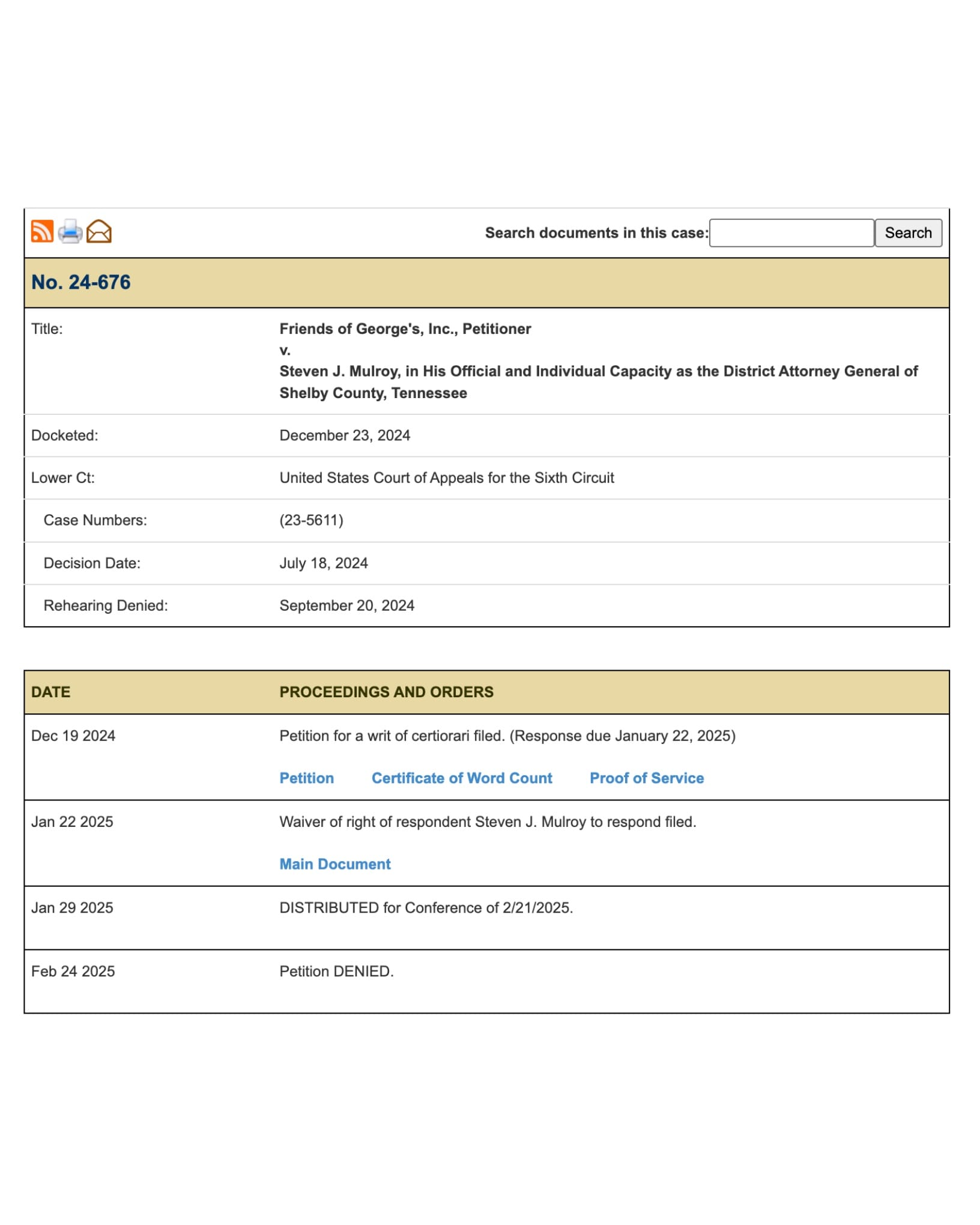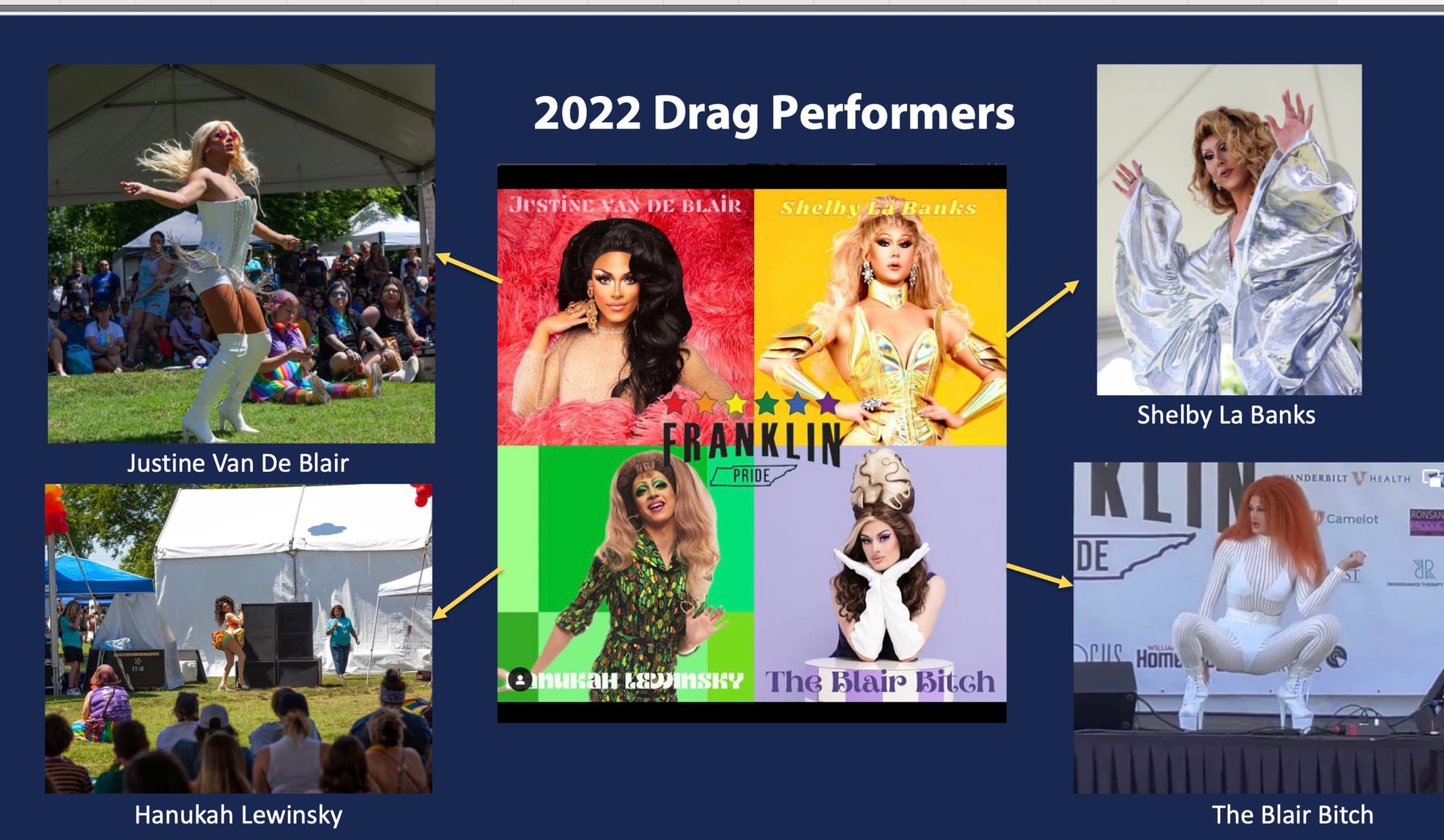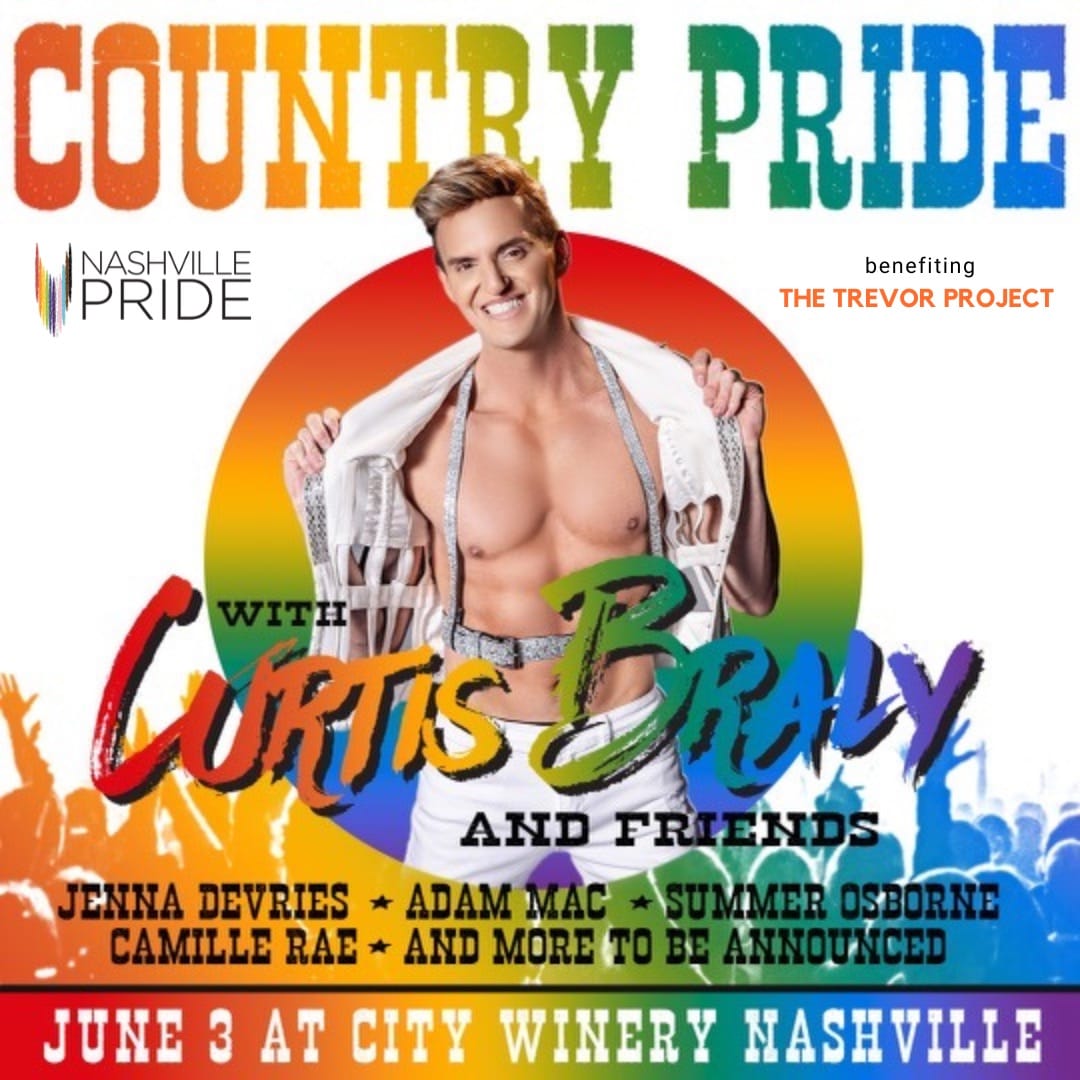Tennessee Drag Law
Tennessee’s Drag Law Stands: A Victory for Protecting Public Spaces and Families
The Supreme Court declined to hear a challenge to Tennessee’s law restricting drag performances, allowing it to stand. This ruling upholds the state’s right to keep sexually explicit performances out of public spaces and Pride events. What happens next?

The U.S. Supreme Court has officially declined to hear a challenge to Tennessee’s law restricting certain public drag performances, solidifying a legal win for those who have fought to uphold decency standards in public spaces. This decision ensures that the state’s law—originally enacted in 2023—remains in effect, placing necessary limits on sexually explicit performances in areas where children may be present.

For years, Pride events in Middle Tennessee have featured public displays that many have deemed inappropriate for family-friendly environments, often including overtly sexual performances, lewd costumes, and behavior that would be deemed unacceptable in any other setting. Now, with Tennessee’s law upheld, the state has reinforced its commitment to protecting children from exposure to such content while maintaining the integrity of public spaces.
What Tennessee’s Law Actually Does
Contrary to how critics have portrayed it, this law does not ban drag performances outright, nor does it prevent free expression. Instead, it ensures that sexually explicit performances—regardless of who is performing—are kept away from minors. The law targets:
- Topless dancers, go-go dancers, exotic dancers, strippers
- Male or female impersonators providing entertainment that appeals to a prurient interest
The key phrase here is prurient interest, which refers to performances that are sexually provocative or obscene. As the 6th Circuit Court of Appeals pointed out in its ruling, simply dressing as the opposite sex does not violate the law—there must also be an element of sexualization or indecency involved. In other words, performers and event organizers can avoid violating the law simply by ensuring that their content remains appropriate for a public setting.
Impact on PRIDE Events in Middle Tennessee
This ruling delivers a significant blow to the organizers of certain Pride festivals and parades that have become increasingly provocative in their public displays. Events in cities like Nashville, Murfreesboro, and Franklin have drawn criticism in past years for featuring open nudity, simulated sexual acts, and highly suggestive performances—all in full view of children.

The Blount Pride event in Maryville, which was previously hosted at Maryville College, is a prime example of how this law is already having an impact. In 2023, the event included drag performances as well as a Drag Queen Story Hour, prompting backlash from local citizens and legal scrutiny from Blount County District Attorney General Ryan Desmond. Under Tennessee’s newly upheld law, Maryville College declined to host Blount Pride again in 2024, citing legal concerns, public reaction, and safety risks.
Beyond Blount County, other venues across the state may also reconsider their willingness to host Pride events unless organizers implement clear age restrictions for drag performances. Major productions like RuPaul’s Night of the Living Drag, which was held last year at The Grand Ole Opry House, will likely face increased scrutiny due to the explicit nature of their content. That particular show featured heavy sexual themes, BDSM imagery, and depictions of nudity—content that clearly aligns with what Tennessee law defines as “harmful to minors.” A Step in the Right Direction
This ruling marks a positive shift in Tennessee’s efforts to ensure that public spaces remain appropriate for all citizens—especially families and children. The decision also affirms that the state has the right to set reasonable standards for public performances, just as it does for other forms of entertainment that must comply with age restrictions.

Tennessee Attorney General Jonathan Skrmetti underscored this point in his response to the ruling, stating:
“As a state overflowing with world-class artists and musicians, Tennessee respects the right to free expression. But as the court noted, Tennessee’s ‘harmful to minors’ standard is constitutionally sound, and Tennessee can absolutely prohibit the exhibition of obscene material to children.”
This ruling will force Pride event organizers to make a choice: either adjust their events to ensure they comply with the law or face legal consequences for exposing children to inappropriate content.
What’s Next?
While LGBTQ+ advocacy groups may attempt further legal challenges, the path forward for overturning this law appears unlikely. The 6th Circuit Court of Appeals already ruled that the Memphis-based drag group Friends of George’s had no standing to sue because they could not prove that they were actually harmed by the law. Without concrete harm, any future lawsuit will likely face the same fate.
For now, Tennessee has set a legal precedent that other states may follow. The state has drawn a firm line in the sand—drag performances that contain explicit or prurient content will not be allowed in public spaces where children are present or could be exposed.
With the law now permanently in place (unless overturned by future legislation), Tennessee has taken a strong stance in ensuring that public events—whether they be concerts, festivals, or parades—remain appropriate for all audiences. As Pride organizers across the state reassess their events in light of the new legal landscape, one thing is certain: the days of open, obscene displays at public Pride events in Tennessee may finally be coming to an end.
If you support what I do, please consider donating a gift in order to sustain free, independent, and TRULY CONSERVATIVE media that is focused on Middle Tennessee and BEYOND!

Comments ()